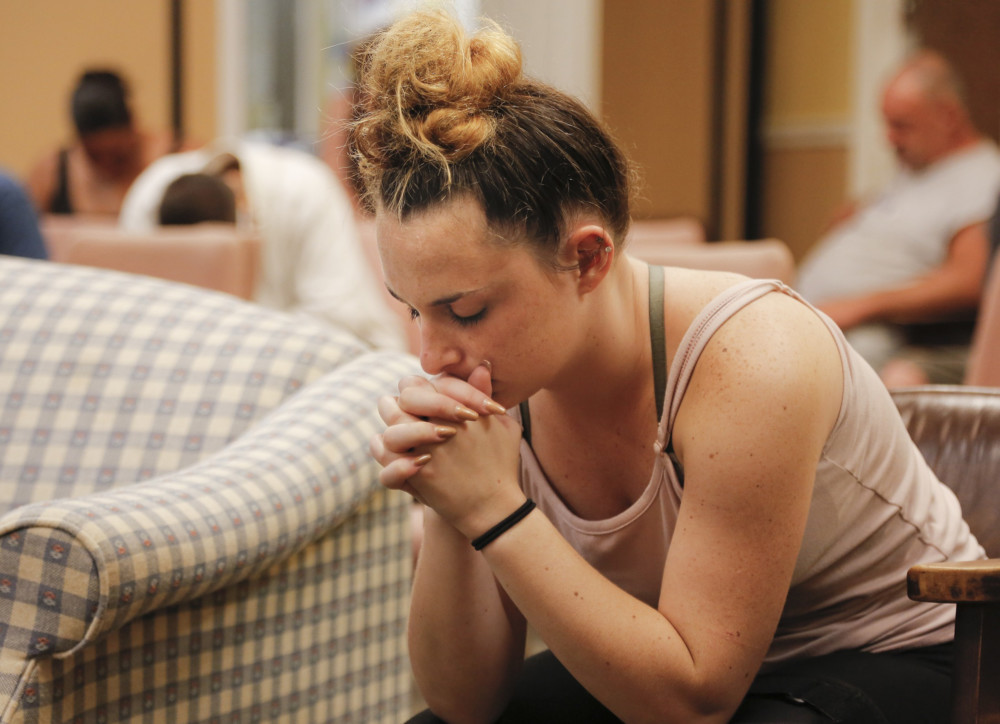By Timothy J. Ledbetter
Tri-City Herald
WWR Article Summary (tl;dr) Timothy J. Ledbetter serves as a Board Certified Chaplain helping people in crisis effectively cope and find hope in hospital and hospice settings. In this article he examines the power of prayer.
Tri-City Herald
“Please pray for me.” “We are praying for you.” “Let me pray about that.” “You are in our prayers.”
These and others like them are common statements, full of grace, mercy and compassion, that are frequently shared among us.
They transcend spiritual and religious orientation, cultural context and social setting. Such phrases are shared face to face, in cards and letters, and in the past decade or so through extensive social media.
Most faith traditions and scriptures encourage or even command praying for others.
Often, these words are backed up by real action, the “pray-er” truly spends time and intention on behalf of the “pray-ee”,entering a prayer closet, as it were, to offer heart-felt soulful intercession, supplication, thanksgiving regarding another person or situation.
And other times they seem more like a social nicety and little else, not unlike greeting someone with, “How are you?”
When spoken, it seems like a polite thing to say, but not much happens after that.
And so we pray for others and for ourselves. We pray for painful situations, for suffering and distress, for wisdom and guidance, for oppression and justice, for peace and understanding, among countless other vital matters.
I would like to take it a step further, from praying about our pain to praying our pain. It is an important distinction in my experience, and maybe yours.
For example, notice the difference in these two Psalmist prayers: “Even though I walk through the darkest valley, I fear no evil for you are with me,” (Psalm 23:4,NRSV) and “My God, my God, why have you forsaken me!” (Psalm 22:1, NRSV).
Both are classic, profound prayers. The former is praying about God’s role in coping with the dark experiences of life, and the latter is praying the pain, the dark pain of abandonment.
Perhaps another comparison can be made between knowing the Shepherd’s Psalm (23) and knowing the Shepherd.
The old preacher from my youth introduced every pastoral prayer with the reminder, “Prayer is the practice of honesty.”
Prayer is usually not about polite deference, theological analysis or public emotionalism. It is beyond daring to face the Great I Am, the Mystery of Life, the Almighty Maker of Heaven and Earth; it is about confronting the Beloved One … with shaking fist and tear-choked lament.
Certainly the lament can and does flow the other way: “You (people) have forgotten me (God) and trusted in the lie. I will (shame you)!” (Jeremiah 13:25ff). That’s another critical topic.
Here, the focus is on encouraging you to not just pray about your life experiences, but to pray them.
Pray honestly and forthrightly. Go right to the heart of the matter in direct, unabashed faith. Pray from the bowels of your being about the stuff that matters most to you.
“O God, you are my God, I seek you, my soul thirsts for you, my flesh faints for you, as in a dry and weary land where there is no water” (Psalm 63:1 NRSV).
___
ABOUT THE WRITER
Timothy J. Ledbetter, DMin, BCC serves as a Board Certified Chaplain helping persons in crisis effectively cope and find their hope in hospital and hospice settings and is a Tri-City Herald Spiritual Life contributor.














































































































































































































































































































































































